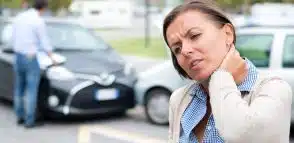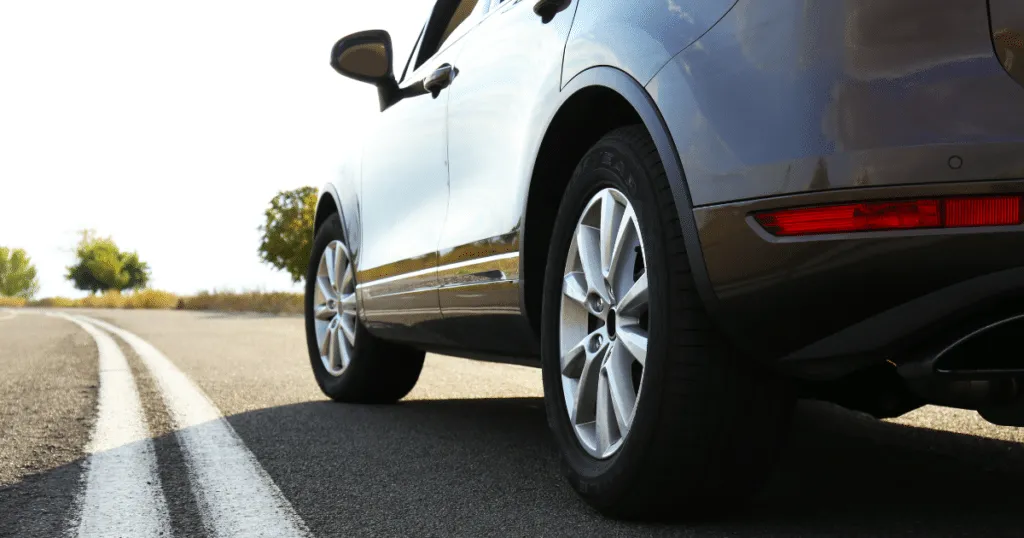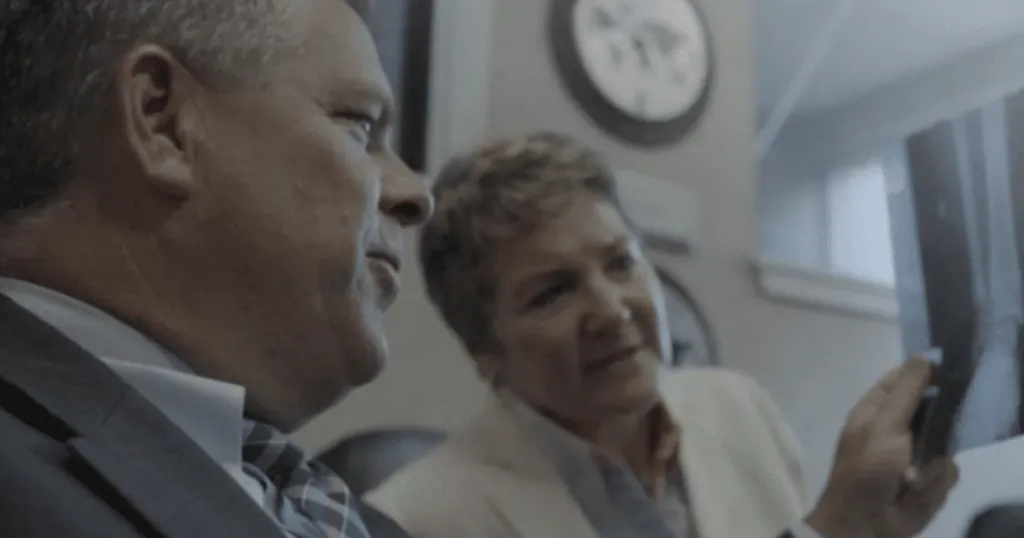A car accident can turn your life upside down in seconds, leaving you shaken, overwhelmed, and unsure of what to do next. The confusion and adrenaline can make it hard to think clearly in the moment. This step-by-step guide offers clear, actionable steps to navigate this chaos with confidence. Knowing what to do after a car accident can help reduce stress and protect your rights for better outcomes.
1. Get To A Safe Location And Check For Injuries
Your safety must be your priority in the aftermath of a car accident. If the vehicle is drivable, move out of the way of oncoming traffic to a safe location and turn on hazard lights to prevent further injuries. Once you are out of harm’s way, check yourself and any passengers for physical injuries like bleeding, bruises, or pain.
If you notice any serious injuries or are unsure about anyone’s condition, call emergency services immediately. Even minor symptoms could indicate serious underlying issues that would require medical attention.
Acting quickly to ensure everyone’s safety can prevent further harm and provide the necessary documentation for insurance and legal purposes.
2. Call 911 And Report The Accident
Calling 911 as soon as possible after a car accident is crucial to ensure help arrives on time and you have an official record of the incident. Making a police report is vital for insurance claims or legal proceedings. When speaking with the dispatcher, stay calm and communicate all necessary details accurately.
Provide details about the location of the accident, any landmarks or cross streets, visible injuries, and damage to your vehicle. Emergency responders rely on this information to assess the situation and send necessary assistance.
3. Gather Information At The Scene Of The Accident
Gathering information at the scene of the accident is vital to building a strong case. If it is safe to do so, exchange details with the other drivers involved in the accident, including their names, addresses, phone numbers, email addresses, driver’s licenses, vehicle registrations, and insurance details.
Again, if it is safe to do so, take pictures and videos of the accident scene, vehicle damages, license plates, and surroundings – including any traffic signs and signals or road conditions – to support your insurance claim. If there are witnesses, ask for their contact information as well, as their statements may prove valuable later when filing an auto insurance claim.
Later on, this documentation can assist your car accident lawyer to build a tailored legal strategy, strengthen your case, streamline the claims process, and provide critical evidence if a dispute arises.
4. Avoid Admitting Fault Or Apologizing
After an auto accident, it’s important that you do not admit fault, even if it feels natural to apologize. At the time of the collision, you may not be aware of the factors that caused the crash. Determining fault in an accident is a complex process that will occur later in the claims process and will involve law enforcement and insurance investigators.
Statements like “I’m sorry” can be taken as an admission of guilt and can complicate your case. Instead, remain polite and stick to the facts when speaking with police or insurance companies. Avoid making speculative comments about what caused the accident or who is at fault.
This careful approach will help protect your legal rights and prevent your words from being used against you in insurance or legal disputes.
5. Contact Your Car Insurance Company
Call your car insurance company as soon as possible after the accident to start the claims process. Provide them with accurate details, including the time and location of the accident, photos of the scene and vehicle damage, and the contact and insurance information of the other motorist.
As mentioned previously, stick to the facts and avoid speculating about the fault or cause of the accident, as this could impact your personal injury claim. Your insurance company relies on clear, factual information to assess the situation and guide you through the next steps. Prompt communication will help streamline the process and protect your interests.
6. Seek Medical Help
Even if you think you feel fine after the accident or your injuries appear minor, seeking prompt medical care is important. Injuries like whiplash or internal damage may not show symptoms immediately but could worsen over time.
A medical evaluation ensures any hidden injuries are diagnosed and treated promptly. Additionally, medical documentation also supports your insurance claim, as it provides clear evidence linking your injuries to the accident.
7. Follow Up And Track Repairs Or Medical Treatments
Keep detailed records of all vehicle repairs and rental car expenses, as you may be entitled to reimbursement for such expenses. Similarly, document every medical visit, treatment, and expense related to your injuries. Save all the bills, prescriptions, and receipts so that you can provide them to your personal injury lawyer in order to support your claim. This will ensure you receive the maximum compensation for your losses and help resolve any disputes with insurers or any third parties involved in the case.
When Should You Contact A Lawyer After A Car Accident?
You should consider contacting a lawyer if you’ve suffered serious injuries, you are facing challenges when dealing with your insurance provider, or there are disputes about fault in a multi-vehicle car accident. A lawyer’s understanding of the local laws and legal landscape is especially important when the stakes are high, such as large medical bills, long-term injuries, or denied claims. Consulting a car accident lawyer early will ensure your rights are protected and give you a strong advocate in navigating the complex legal and insurance processes.
How An Attorney Can Help With Your Car Accident Claim
An experienced attorney can be invaluable when it is time to file your car accident lawsuit. They will fight relentlessly to represent your interests, handle communications and negotiations with insurance companies, and gather evidence to build a strong case. Your attorney will guide you through the legal process, helping you understand your options and advocating for fair compensation for medical expenses, property damage, lost wages, and pain and suffering. They will handle the legal complexities and ensure the insurance companies cannot take advantage of you so you can focus on recovery.
Conclusion
Car accidents can be overwhelming, but knowing what to do immediately after a car accident can help reduce stress and protect your rights. From ensuring safety and gathering evidence to seeking medical attention and contacting your insurance company, understanding what you need to do helps you stay in control.
Remember, reaching out to an experienced car accident lawyer can make a significant difference in securing fair compensation for your injuries. If you or a loved one were involved in a car accident and need legal assistance, contact Marasco & Nesselbush today for a free consultation and start your journey toward justice and recovery.
FAQs
What happens after I file a car insurance claim with my insurer?
After you file a claim, the insurance company will investigate the accident, review evidence, and assess damages. They will determine fault, evaluate your policy coverage, and offer a settlement, if applicable.
Can I still get insurance after a car accident?
Yes, you can still get insurance after a car accident, but your premiums may increase due to the accident. It’s important to disclose such incidents when applying for coverage.
What to do after a car accident?
Call 911 to report the accident. If it is safe to do so, gather evidence at the scene, including photographs of the damages to the vehicles and insurance information for each involved driver. Avoid admitting fault at the scene and consider consulting a lawyer if you are suffering injuries or if there is a dispute regarding fault. Seek medical attention immediately. Once you have reported the accident to the authorities, contact your insurance company to report the accident and cooperate with their investigation.
How does the insurance company evaluate vehicle damage?
The insurance company reviews photos of the accident, repair estimates, and inspection reports to evaluate vehicle damage. They’ll determine repair costs and calculate the settlement amount based on these factors.
What should I do after a minor car accident or fender bender?
After a minor car accident or fender bender, move to the side of the road, and report the accident to the police. If it is safe to do so, exchange insurance information with the other driver and take pictures of damages to the vehicles involved. Next, seek immediate medical attention and monitor for any hidden injuries. Finally, call your insurance company..
Do you have a case?
If you think you may have a case,
contact us now for a FREE consultation
"(Required)" indicates required fields


